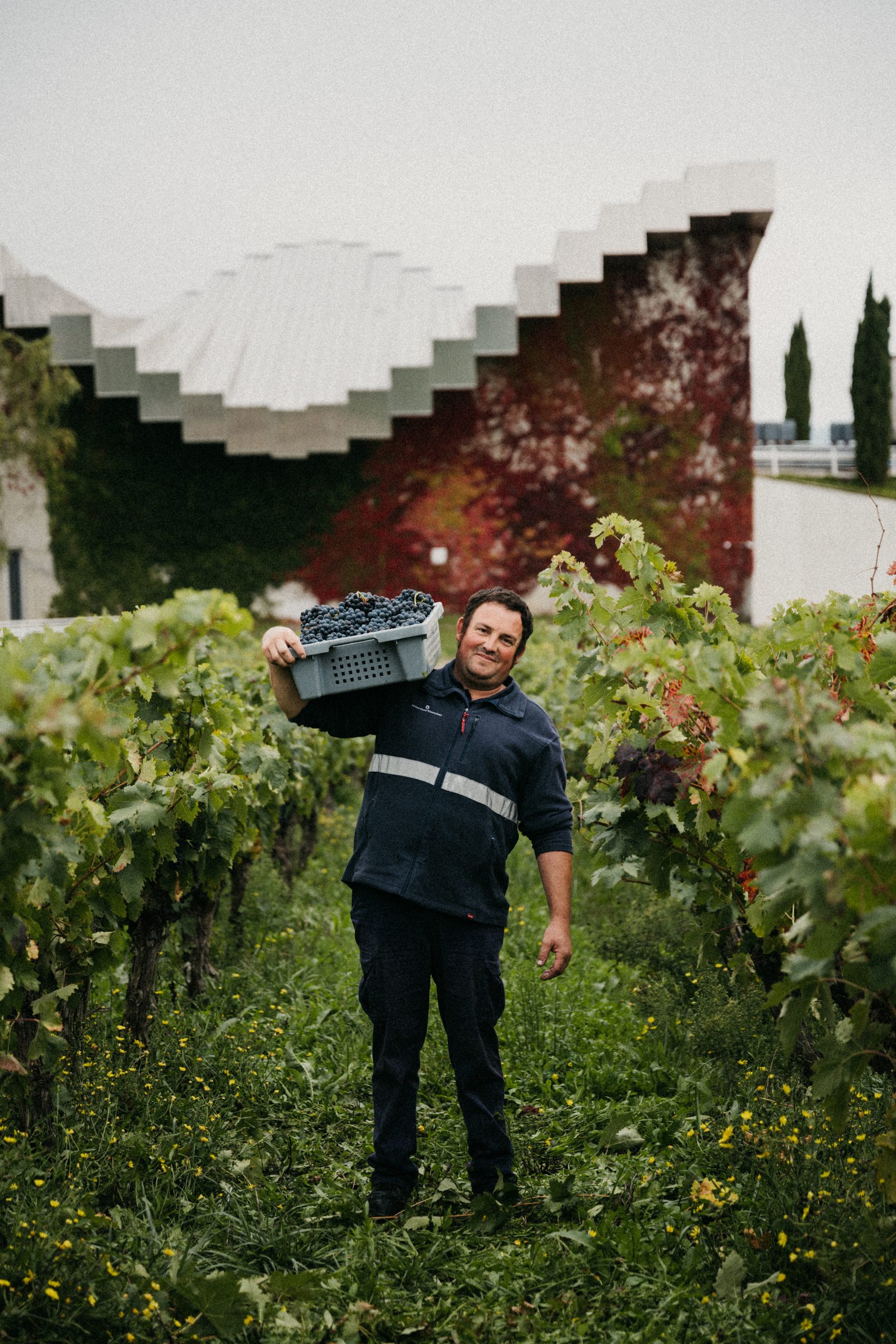Discrimination will be the focus at CAMRA’s Manchester Beer Festival
Discrimination in the brewing world will be the central focus of the Manchester Beer Festival’s trade day debate, according to Campaign for Real Ale (CAMRA).
The debate, titled “Sexism is bad for business. What are we going to do about it?” will address the ongoing issues and challenges of discrimination in the beer industry and determine what practical steps can be taken to address it.
Master Beer Trainer Christine Cryne will lead the debate on 24 January, alongside panelists Jaega Wise, head brewer of Wild Card Brewery; Annabel Smith, beer sommelier and founder of Dea Latis; Barry Shaw, operations manager for pub chain Beerhouse; Jennifer Smith, co-owner and founder of Brewsmith Beer; and CAMRA’s senior communications manager Katie Wiles.
Sexism is a “deep-seated problem within the beer industry,” according to Graham Donning, CAMRA’s regional director in Manchester, in an emailed statement.
He added that the organisations’ past events “have seen outdated attitudes persisting over several years, despite our best efforts.”
“It’s led to us deciding passive solutions weren’t working and it was time to take positive action.”
“It’s clearly a deep-seated problem within the beer industry of which we are only a small cog.”
CAMRA is one of the UK’s most-powerful beer lobbyists, with some 190,000 members, according to its website.
Its members include brewers, pub landlords and real ale enthusiasts who “work to champion beer and cider drinkers as well as pub and club goers.”
CAMRA has successfully campaigned for a variety of issues affecting the beer sector in its 45-year history. In 2017 the body celebrated Chancellor Phillip Hammond’s decision to freeze alcohol duty in the 2017 budget, after it launched a year-long campaign to hold the duty rate, working with 50 MPs to deliver a letter to the Treasury in support of British pubs.
Partner Content
Donning said that “More action is needed” to address sexism in the industry, “and our trade session provides an opportunity for industry professionals and volunteers alike to come together to take us beyond talk.”
“We want to see some practical and realistic ideas on how we can all eradicate sexist attitudes in beer as soon as possible.”
Though CAMRA has made strides to tackle discrimination in the beer world, the industry body itself has come under fire for failing to address sexism in the past. In 2014, it was accused of “beer sexism” after a leaflet featuring corset-clad models was distributed around UK universities.
It was intended to be handed out during Freshers’ Fairs from CAMRA-supporting student societies, but it has instead sparked an online petition demanding its circulation to be ceased and a “public apology” to be issued.
Three years later, CAMRA officials have changed tact, and have even suggested banning sexist marketing from its festivals altogether.
Abigail Newton, a member of CAMRA’s National Executive, told the drinks business that CAMRA would consider disqualifying beers with sexist branding from its competitions and festivals, in response to Wild Card brewer Jaega Wise’s call to ban discriminatory labelling when she spoke at the Brewers Congress in November 2017.
Newton said that CAMRA are working towards a “proactive” solution to discrimination in the industry, and suggested a new code of practice could be rolled out in 2018.




